
China Initiates Sweeping Purge of Defense Industry Leaders Amidst Anti-Corruption Drive
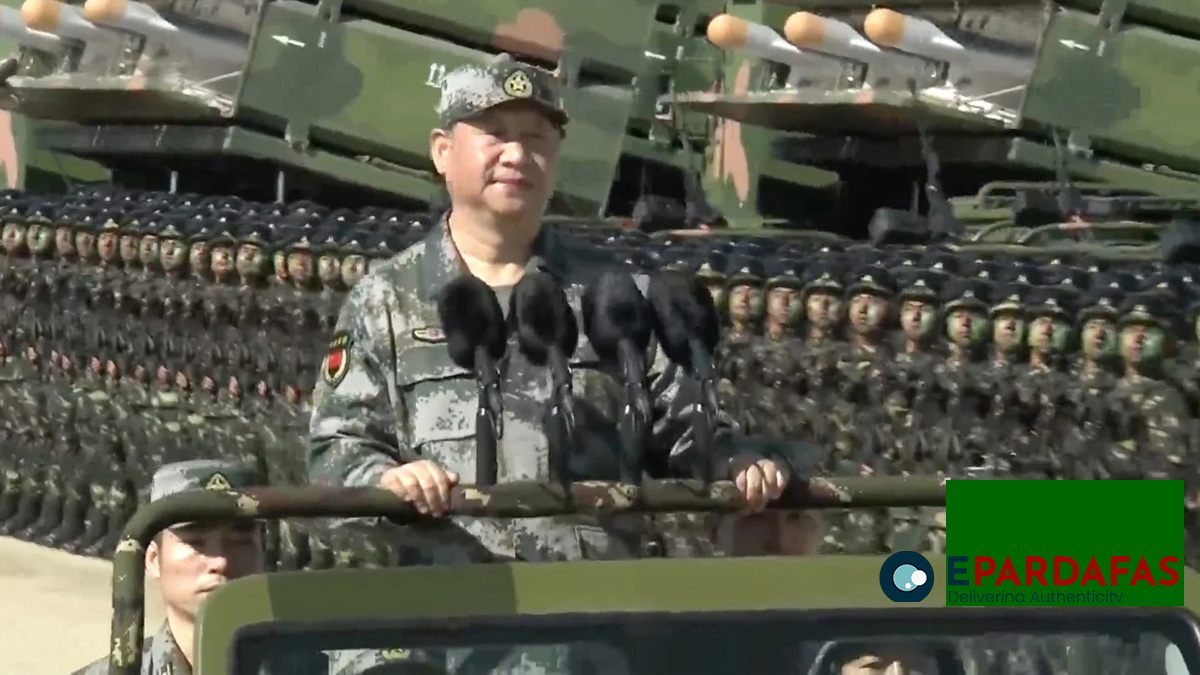
In a decisive move reflecting President Xi Jinping’s ongoing anti-corruption campaign, China has launched a comprehensive purge targeting prominent leaders within its defense and aerospace sector. The removal of three key figures from the Communist Party’s top political advisory organ underscores Xi’s commitment to eliminating corruption and consolidating control over the military.
According to the official Xinhua News Agency, the dismissals were sanctioned by the Chinese People’s Political Consultative Conference, resulting in the removal of Wu Yansheng, Chairman of the China Aerospace Science and Technology Corporation; Liu Shiquan, Chairman of Norinco Group; and Wang Changqing, a Deputy Manager at the state-owned China Aerospace Science and Industry Corporation.
Wu Yansheng’s oversight of China’s spacecraft and missile programs, coupled with Liu Shiquan’s leadership in Norinco Group—a major military equipment manufacturer—implies a significant shake-up within critical defense sectors. While official reports provide no specific details on the dismissals, unconfirmed sources, including Hong Kong’s Sing Tao Daily, suggest a potential connection to an investigation related to the Chinese military’s rocket force.
Analysts contend that the ongoing purge is indicative of rampant corruption within China’s defense industry, raising concerns about its potential impact on the combat capabilities of the People’s Liberation Army (PLA). Lin Ying-yu, a China military expert at Tamkang University in Taiwan, asserts, “I think there may be a great deal of corruption in the Chinese defense industry and inevitably, it will have an impact on the People’s Liberation Army’s combat effectiveness.”
Beyond the anti-corruption narrative, the purges are seen as a strategic move by Xi Jinping to tighten control over the arms trade in China. Historically influenced by princelings—descendants of senior Communist Party leaders—the arms trade is now subject to Xi’s direct influence, as evident in the recent purges.
However, experts caution that the anti-corruption campaign may carry unintended consequences, including potential damage to morale within the Chinese military and unforeseen challenges to Xi’s authority. Su Tzu-yun, a military expert at the Institute for National Defense and Security Research in Taipei, notes, “The series of corruption scandals may create internal skepticism toward the credibility of the top leadership and form a vicious cycle that eventually affects Xi’s control.”
The recent wave of purges is part of a broader trend that has seen the removal of several high-ranking military commanders in recent months. Connected to an investigation into the PLA Rocket Force’s equipment procurement process, these personnel changes highlight Xi’s emphasis on loyalty over expertise. As Xi continues to consolidate control through purges, the long-term consequences for China’s military capabilities and its ability to adapt to evolving situations remain subjects of intense scrutiny.
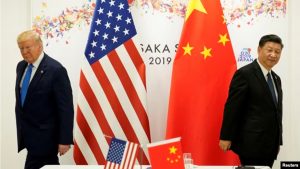
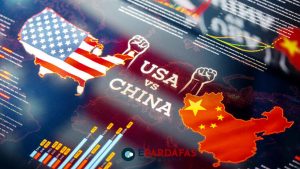



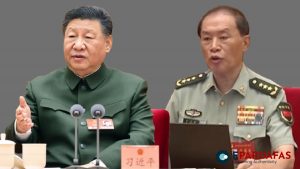



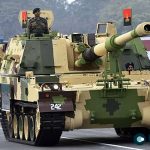

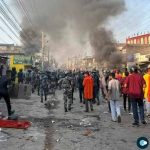
Comments